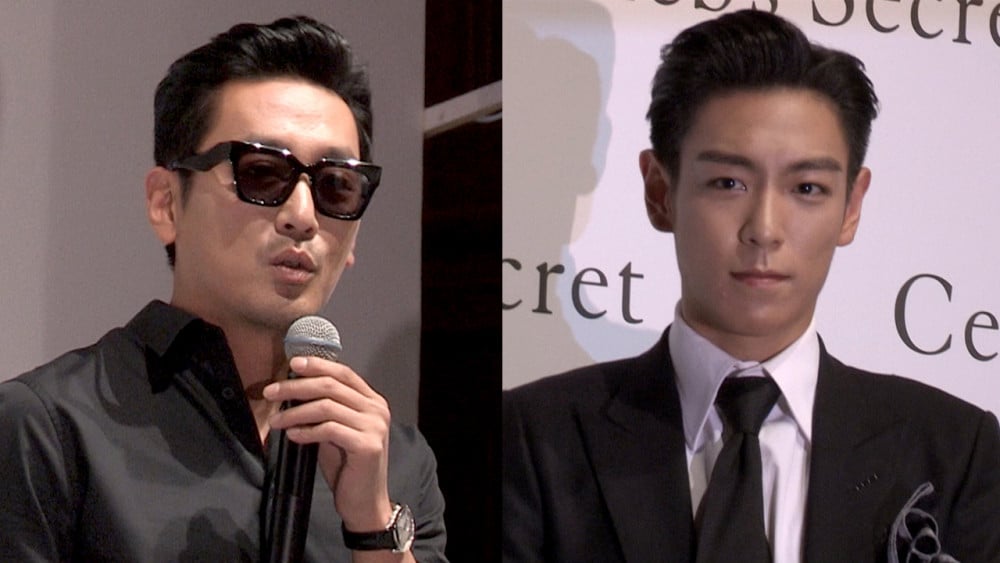
Celebrities caught up in drug scandals are making swift comebacks in the entertainment industry, which is raising concerns. This trend is creating a precedent that even drug offenders can return to their careers. As time goes on, drug-related crimes are on the rise, and the return of these celebrities is seen as lowering the awareness of the seriousness of drug offenses.
Recently, actor Lee Sun Gyun was charged with drug-related offenses under drug control laws, including marijuana and synthetic drugs. The police are also conducting an expanded investigation into individuals connected to this case, such as a composer, entertainment establishment employees, Hwang Hana (the granddaughter of Namyang Dairy's founder), and Han Seo Hee (a former trainee who is now a singer).
Additionally, G-Dragon was charged with drug offenses under the same drug control laws. G-Dragon's legal representative has denied these allegations, but further investigation is expected.
This scandal, involving many well-known stars, has shocked the public. It has gone beyond just police actions. During a parliamentary inspection in the National Assembly, there have been discussions about measures to ban these individuals from appearing on broadcasts.
However, there are currently no strict regulations in the broadcasting laws that mandate such bans. The decision to suspend the broadcast appearances of entertainers who have been punished for drug-related offenses is typically made by broadcasting companies themselves.
One argument against banning celebrities from broadcasting is that it interferes with their freedom to choose their profession and could infringe on their basic rights. On the other hand, some argue that the Broadcasting Act's Article 5, Paragraph 4 (which states that broadcasting should not promote criminal or immoral acts) provides a basis for supporting broadcast appearance bans.
The concern about drug offenses becoming more common in South Korea, combined with the unique influence of celebrities, has led to calls for stricter regulations. This year, about 12,700 drug offenders have been apprehended, surpassing last year's numbers. South Korea, once known for its low drug usage, is now dealing with an increase in drug-related crimes.
It is important to note that people who use drugs often come from diverse backgrounds, and drug use has become more accessible. This situation has fueled concerns that if celebrities who have used drugs are allowed to return to the broadcasting industry, it could negatively influence young people.
Despite their involvement in drug crimes, many celebrities have managed to return to the entertainment industry. This suggests that there may be a lack of awareness in the entertainment industry regarding the seriousness of drug-related offenses.
For example, T.O.P, after facing charges of marijuana use in 2016, is currently embroiled in controversy over his comeback in the Netflix series "Squid Game 2." Similarly, actor Ha Jung Woo, who faced charges for illegal propofol use, has returned to his acting career. This trend raises questions about how drug-related offenses are addressed in the entertainment world.
Experts emphasize the need for clear and firm measures regarding celebrities involved in drug-related crimes, as well as stricter regulations to prevent the popularization of drug offenses.
 SHARE
SHARE

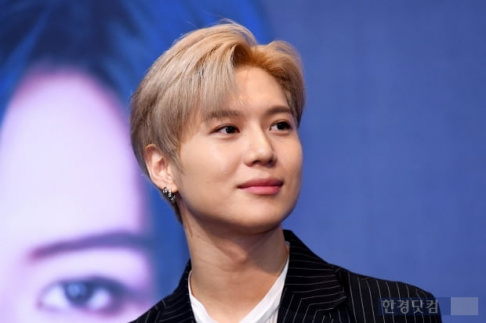








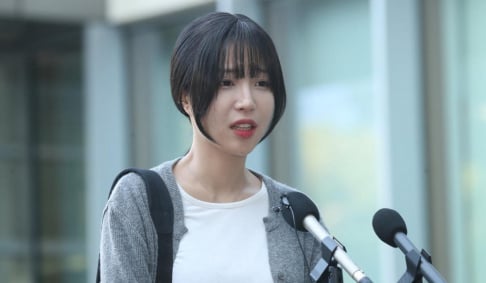








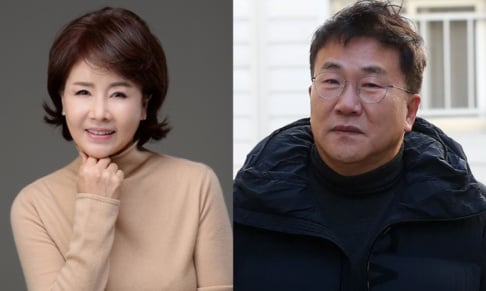
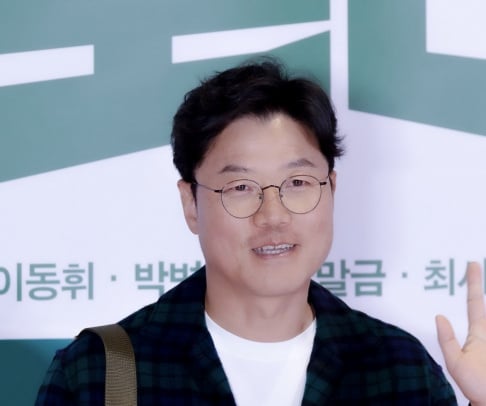




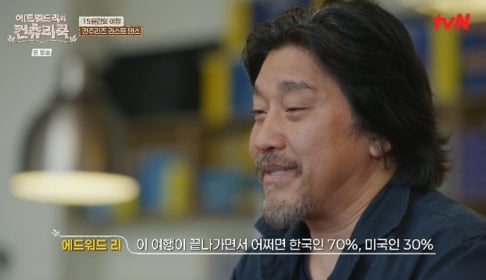








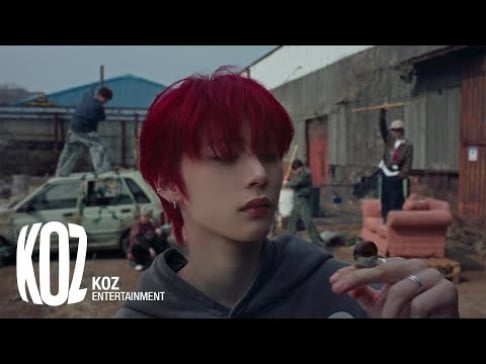
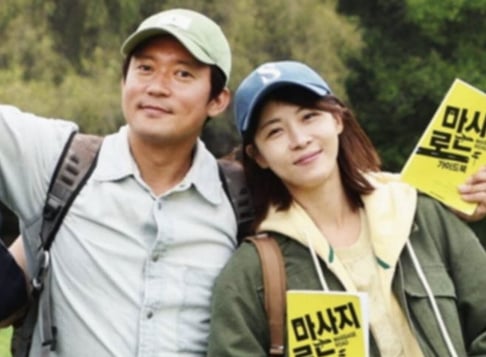









To the author: would you feel better if someone who did something wrong is unable to go back to work anymore? I never understood this cancel culture (except obviously murderers and such). If a person accepted his/her wrongdoings, got a penalty and took responsibility for their actions, then why can’t they come back and do their jobs? I understand they’re influencers and stuff, but they’re also people who need support and work to get by.
4 more replies